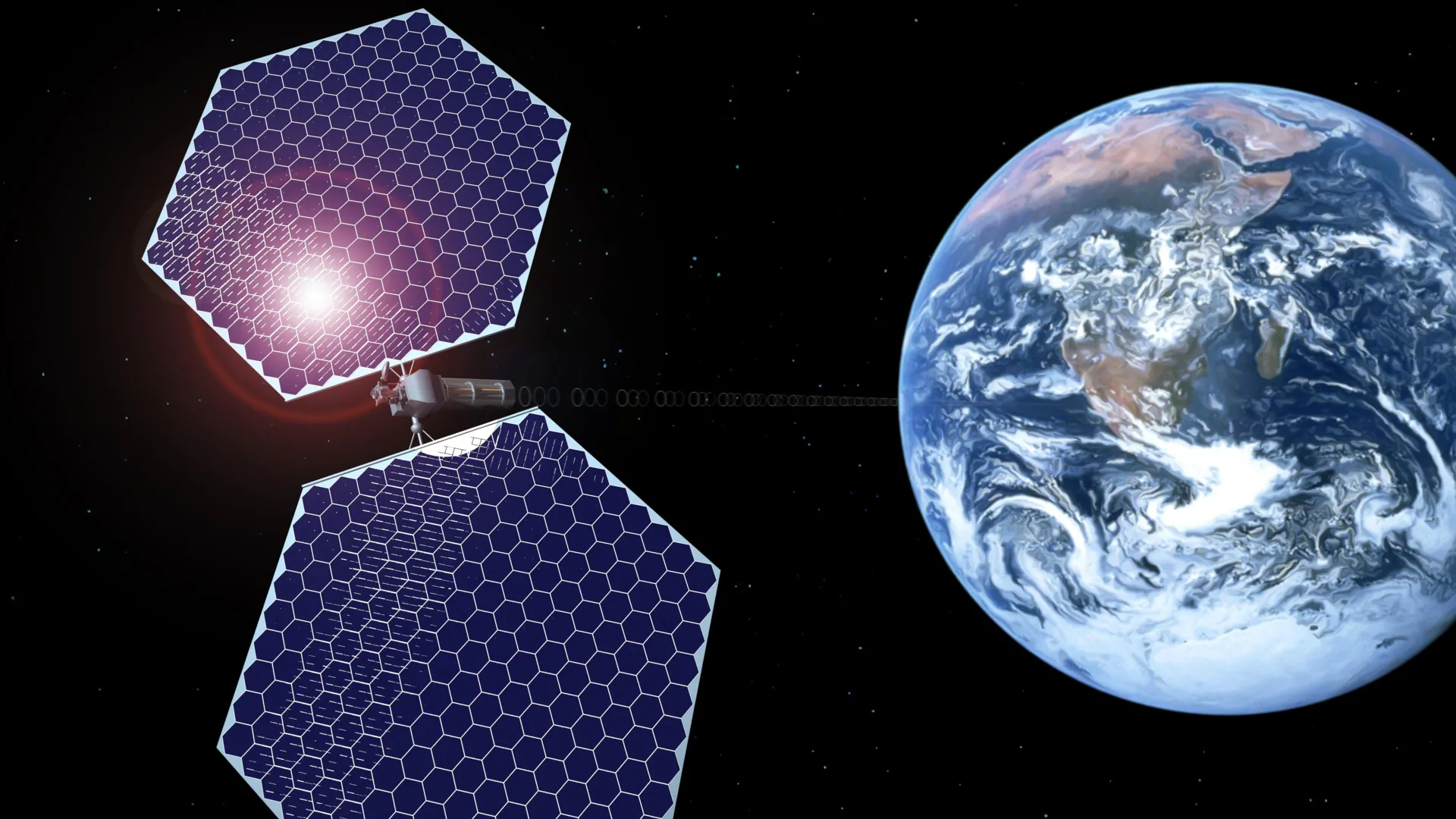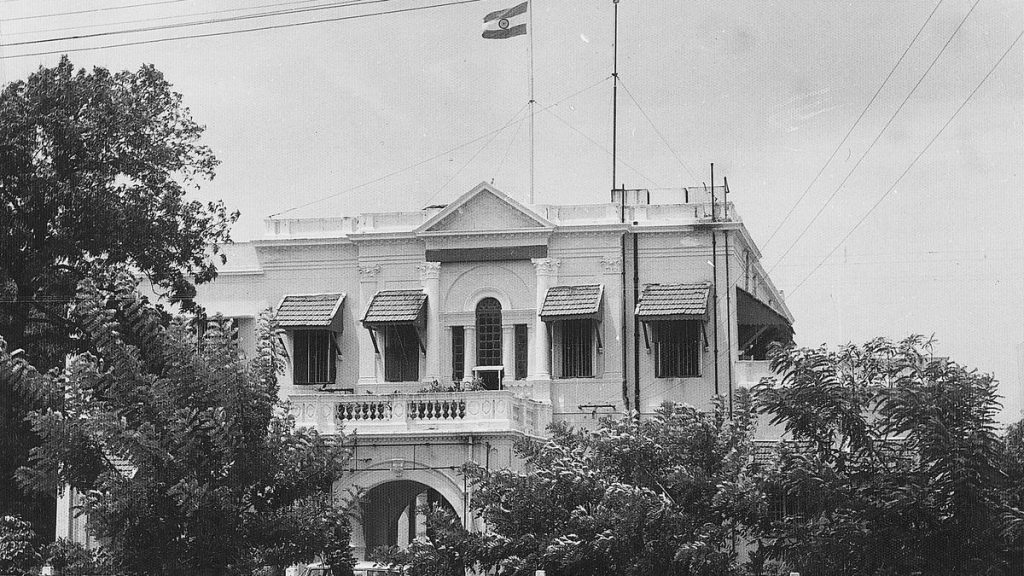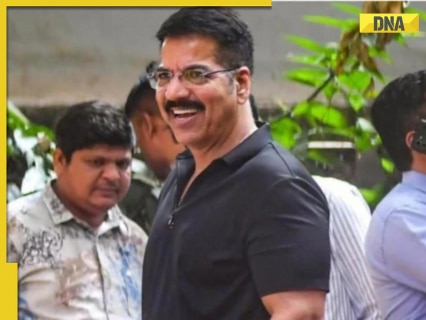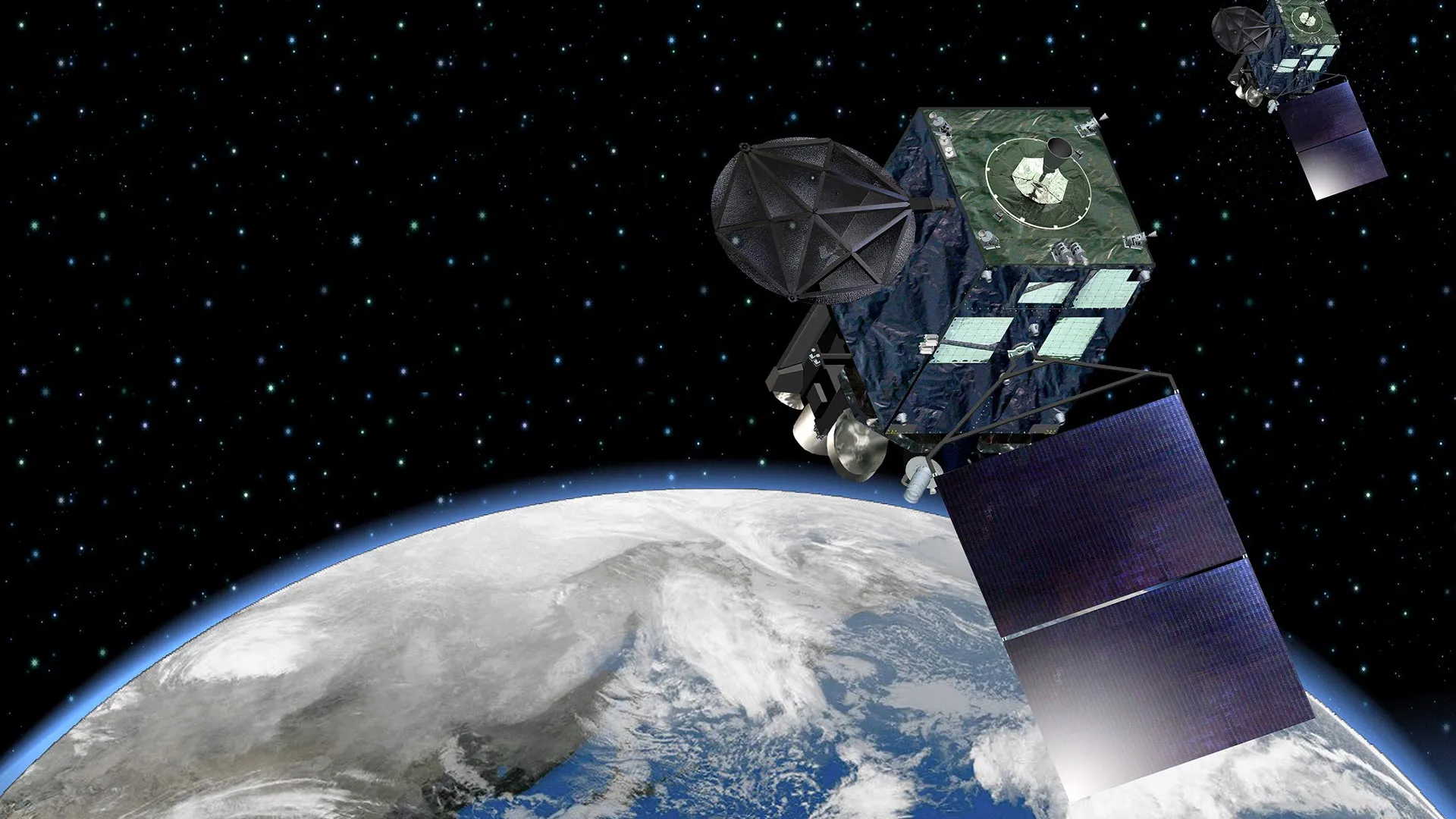Now Reading: UF Students Use Lasers to Shape Metal for Building Structures in Space
-
01
UF Students Use Lasers to Shape Metal for Building Structures in Space
UF Students Use Lasers to Shape Metal for Building Structures in Space

Fast Summary
- Researchers at the University of Florida (UF), led by associate professor Victoria Miller, are developing laser-based technology to manufacture precision metal structures directly in orbit as part of a DARPA-funded project called NOM4D.
- The initiative aims to enable construction of large-scale space infrastructure, such as satellite antennas and solar arrays, improving sustainability for long-term missions.
- UF received a $1.1 million grant from DARPA and collaborates with NASA’s Marshall Space Flight Center for testing in space-like conditions using advanced thermal vacuum chambers.
- Laser-forming technology is being developed to overcome traditional limitations tied to the size and weight of rocket cargo by creating structures in orbit rather than launching preassembled ones from Earth.
- Researchers are conducting controlled tests on metals such as aluminum, ceramics, and stainless steel to analyze their response to lasers under varying conditions including heat inputs and material properties.
- Challenges remain regarding maintaining material integrity while bending metal in orbit; real-time feedback loops are being explored to improve precision during manufacturing processes.
Indian Opinion Analysis
The NOM4D project’s focus on orbital construction signifies a transformative approach toward lasting space exploration. If successful, technologies like laser forming could drastically reduce reliance on Earth-bound assembly processes and offer meaningful breakthroughs in building durable satellites or future habitats. For India-where space progress plays a critical role both economically and geopolitically-such techniques could influence innovations within its own domestic programs like ISRO’s satellite manufacturing or Gaganyaan missions.
Moreover, reducing rocket payload sizes aligns with efforts toward cost-efficient launches-a tactical advantage for emerging economies prioritizing broader access to global markets via competitive commercial satellites. While UF researchers tackle complex challenges around material resilience under extreme environments,collaboration between countries advancing similar concepts may foster shared knowledge applicable across diverse goals ranging from national security satellites to interplanetary probes.
This research highlights the growing need for technological adaptability in increasingly demanding extraterrestrial domains-a step that moves global aerospace aspirations closer toward new frontiers without compromising resource efficiency back home.




























